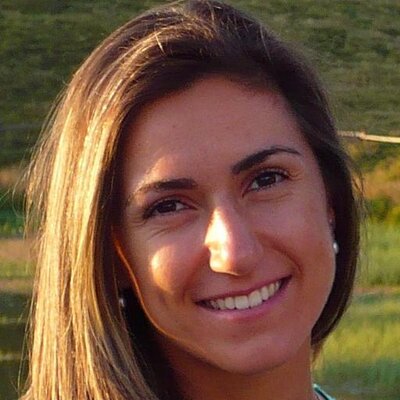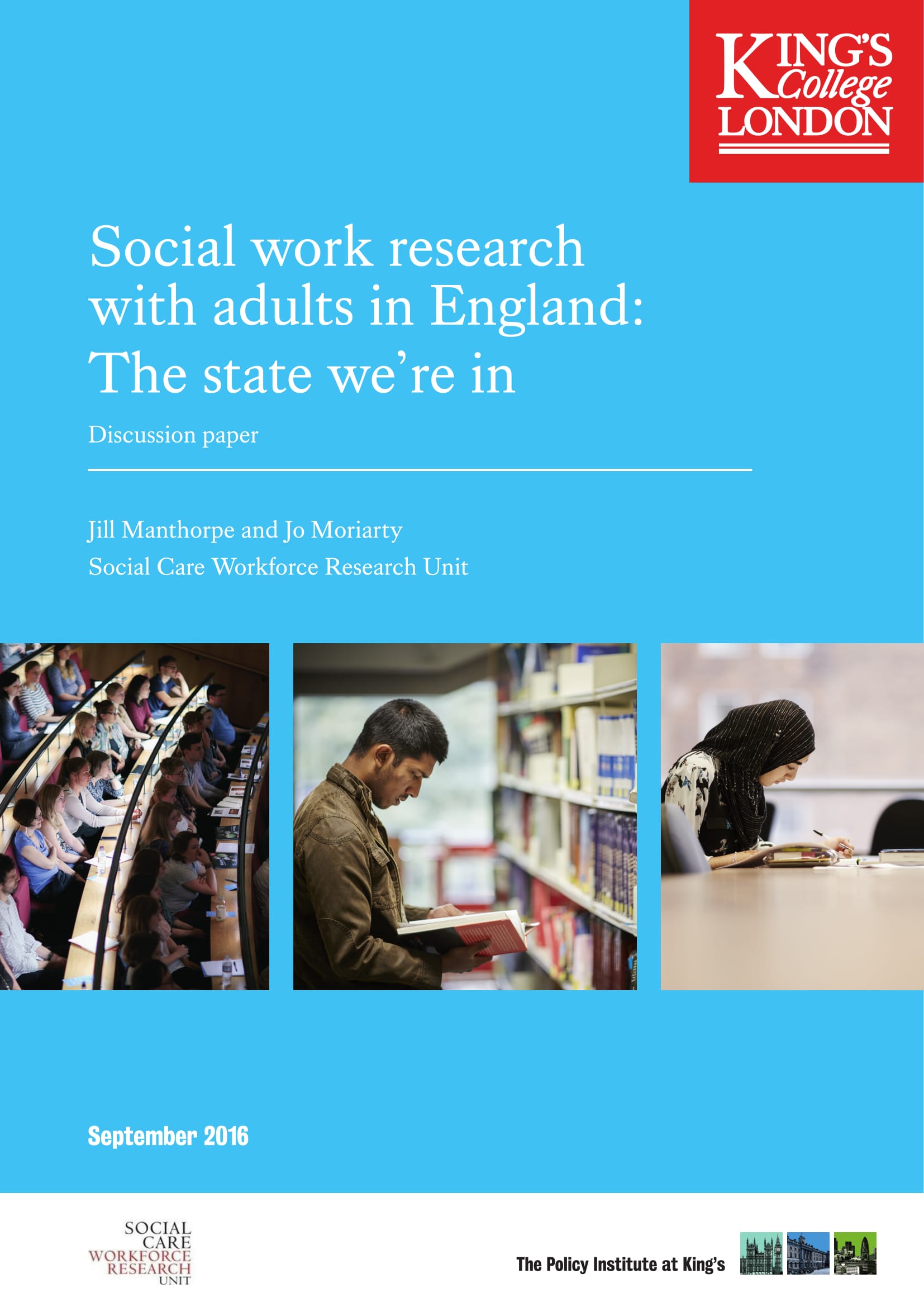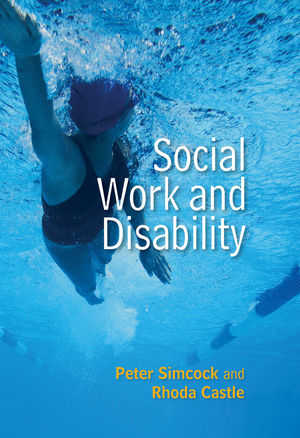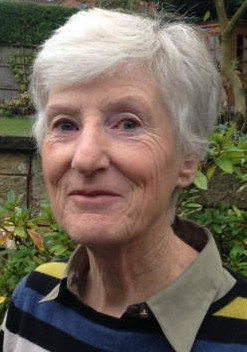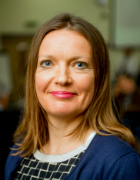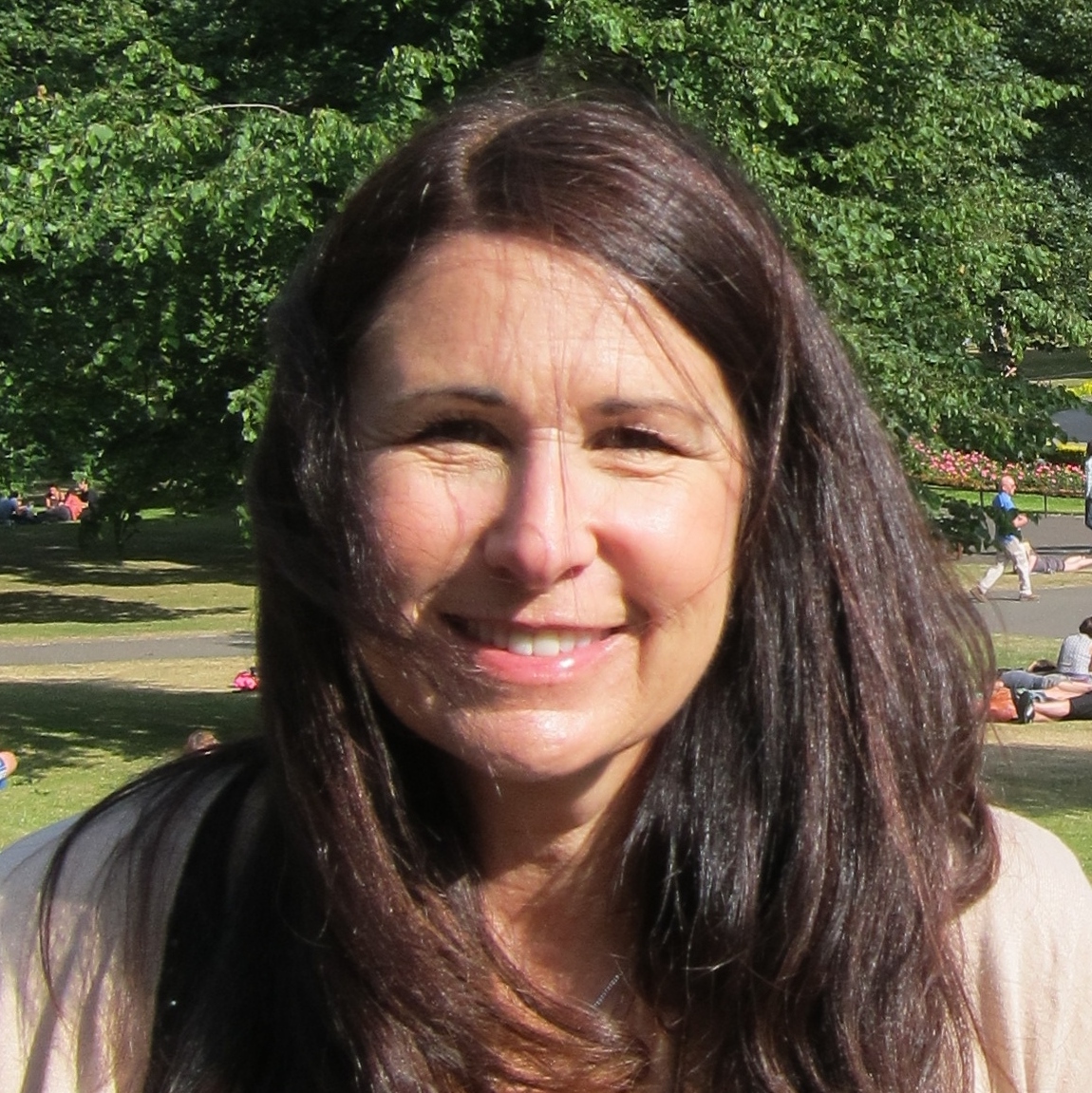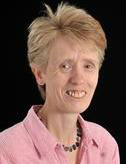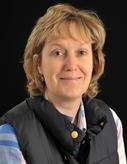Mary Baginsky, Senior Research Fellow at the Social Care Workforce Research Unit, introduces an invited post by Professor Charlotte Williams:
I was fortunate to have attended the second colloquium held at Monash University’s Prato centre. This is the second year that the group has come together to explore social work education. Prior to a more formal summary of proceeding, Professor Charlotte Williams, Professor and Deputy Dean of RMIT’s Social Work in the School of Global, Urban and Social Studies, reflects on the context and culture within which the discussions took place. In so doing she made me realise how much I miss the intensity of the discussions, the opportunity to learn from the experiences of others and the time to talk and disagree.—Mary Baginsky
Professor Charlotte Williams writes:
There’s a special magic about Prato that is so conducive to commune. The ambition of the Prato Group, a collaboration of Social Work educators, reflects many of the attributes of this ancient and vital textile producing city in which it was inaugurated. The Prato textile enterprise with its yarns, designs, collective and innovative technologies has approached its futures over an 800-year history with enormous creativity, energy and pragmatism in an effort to remain relevant, stable and future-oriented. Through epochs of profound social, economic, political and technological change the ability to anticipate, capture and engage judiciously with disruptive forces and to lead through change has meant a threatened industry thrived largely through the efforts of small and distributed artisans working with common purpose. Continue reading

